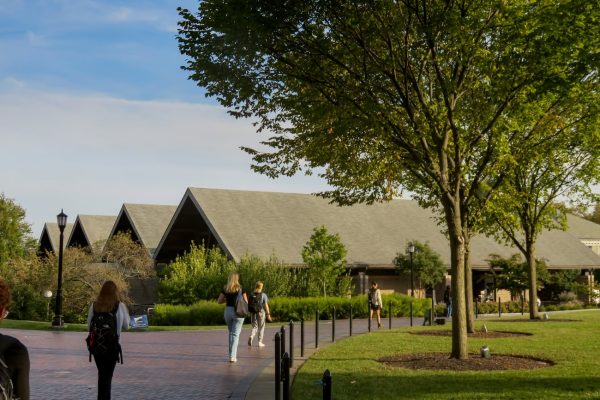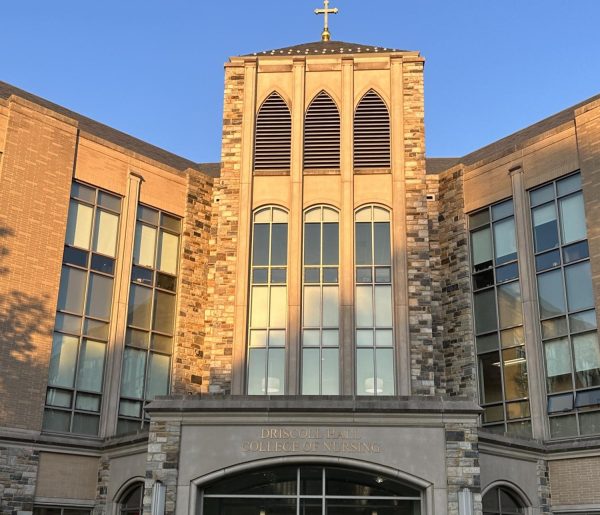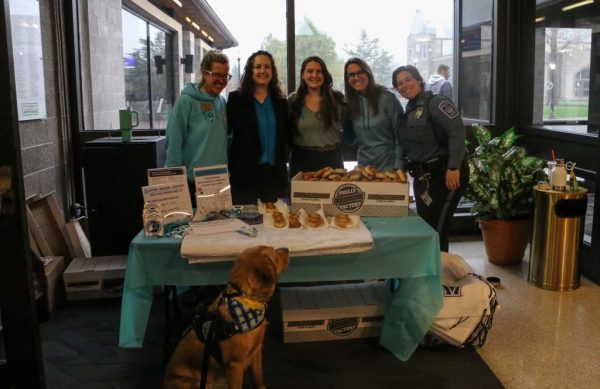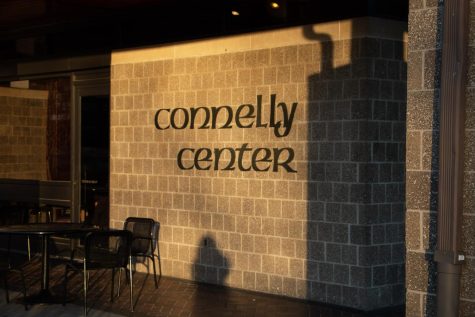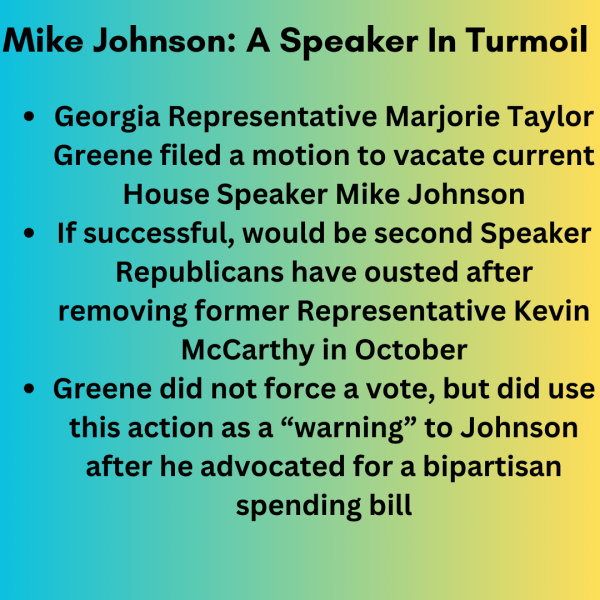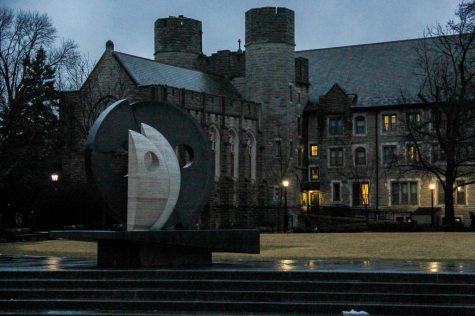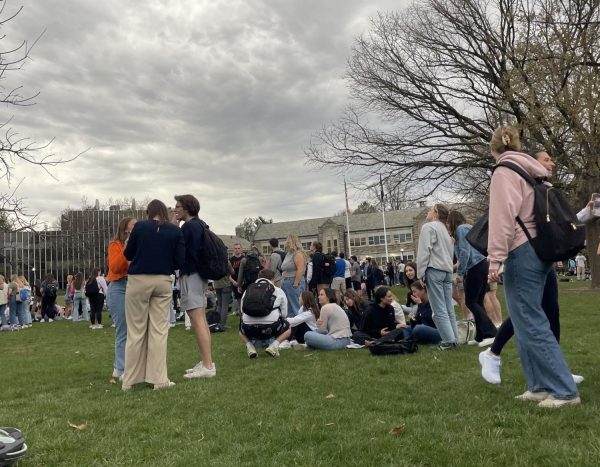Depression warrants attention on college campuses
October 30, 2014
Several tragedies have occurred on college campuses across the country as a result of depression.
In response, numerous universities, including Villanova, have made efforts to ensure that their students know that there are resources available to them if they are ever in a situation where they need help or treatment.
Depression among college students has been a topic of great interest over the last few years.
Everyone experiences negative feelings now and then, but any prolonged sadness or negative feelings that interfere with everyday activities for longer than a few weeks would fall under the category of depression.
Depression is one of the most common mental health disorders among college students today.
“Nationwide, over the past 10 years, depression was the most common reason students sought out counseling on campuses; recently, anxiety bypassed depression as the common concern, with depression now being the second most common,” Dr. Joan Whitney, executive director of the University Counseling Center, wrote in an email. “Depression and anxiety often occur simultaneously. National surveys indicate that more than 10 percent of college students reported being diagnosed or treated for depression. Recent data reveals that in campus counseling centers, anxiety is the top presenting concern among college students (41.6 percent), followed by depression (36.4 percent) and relationship problems (35.8 percent).”
According to the Suicide Prevention Resource Center, among the general population of young adults aged 18 to 24, homicide and suicide are, respectively, the second and third leading causes of death.
While no studies currently compare homicide and suicide rates on campuses, the risk of homicide is generally lower, and many campus professionals dedicated to suicide prevention and mental health promotion often refer to suicide as the second leading cause of death among college students.
Available data suggests that suicide occurs at a rate between 6.5 and 7.5 per 100,000 among college students, approximately half the rate for nonstudent college-aged adults.
Many people find it difficult to tell the difference between someone who is depressed, and someone who is just sad.
“Most people often hide the fact that they are depressed, it happens to people you would never expect, people who seem to have it all together,” said Elizabeth Shea, ’17. “There isn’t enough awareness about depression on college campuses. I think oftentimes people are too afraid to talk about this issue, or they’re afraid of what friends might think. They feel like they are the only one.”
Providing college students with information about how to recognize and respond to signs of depression would be a good first step in raising awareness of this condition.
“Sadness can be very painful, but it is usually short-lived,” Whitney wrote. “By contrast, depression may disable a person from doing the things they would normally enjoy. When depressed, a person can become unable to look forward to anything. People experiencing severe depression often become unable to sleep, eat, study, attend class or relate to friends.”
Depression that is left undiagnosed and untreated can lead to destructive and suicidal thoughts and behavior, which is what leads to horrible tragedies. Counseling is crucial to recovery.
According to Whitney, Holloway Counseling Center sees an average of 14 percent of undergraduate students every year, which far surpasses the national average of nine percent.
When looking at all college students across the country, 15 percent of graduate and 18 percent of undergraduate students have seriously considered attempting suicide in their lifetimes. Between 40 and 50 percent of these same students report multiple episodes of serious suicidal thoughts.
Most colleges and universities offer free or low-cost mental health services to their students, or can refer students to off-campus services. The Holloway Counseling Center on Villanova’s campus is no different.
“Students are offered individual counseling, to help them understand the issues underlying the depression and anxiety, and to help them learn strategies to stabilize their moods,” Whitney wrote. “Alcohol worsens depression, so we also help depressed students consider the advantages of eliminating alcohol consumption. When appropriate, we also evaluate students for possible use of medications. Medication is in addition to counseling, never instead of counseling.”
Depression is a treatable condition that warrants more attention on college campuses.
The more awareness there is the more likely it is that people will either seek help for themselves, or encourage friends to seek help.
“The goal is get people to accept their need for treatment, seek treatment and stick with it,” Whitney. wrote. “By providing good treatment, we can certainly reduce the risk of suicide, but it probably is unrealistic to think that anything can totally eliminate the risk.”


